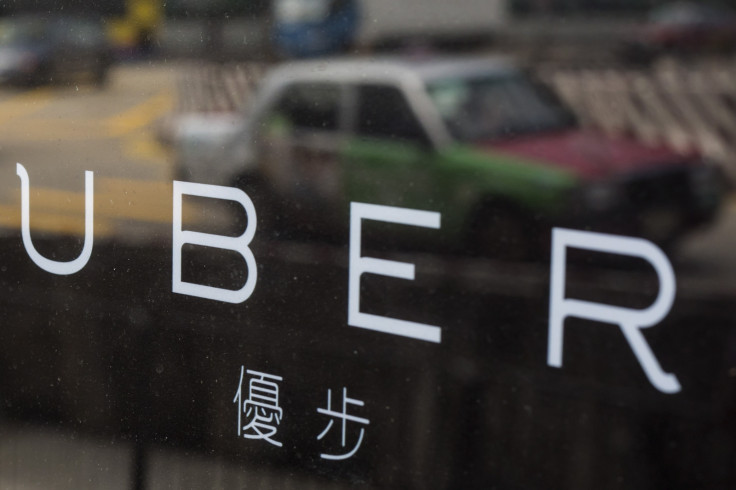Uber, Airbnb and Zopa are great but let's champion the new wave of on-demand entrepreneurs
Since its emergence over the past few years, the sharing economy is having a major impact on the UK. It's disrupting whole industries, rewriting legislation and redefining what it means to be an entrepreneur. Take Uber, which has turned the taxi industry on its head by linking self-employed drivers to customers without the need to hail a cab or phone a minicab. It has caused strikes and an examination of London's rules protecting the metered black cab.
Another example is Airbnb, which has revolutionised holiday accommodation by connecting travellers with local hosts. It is rapidly taking business from hotels and again is reshaping laws in London that require landlords to apply for planning permission to rent out homes for less than three months.

These are just the headline acts. Zopa, Hassle, ZipCar and Love Home Swap are also shaking up markets, generating competition, creating choice and ultimately, boosting productivity in the UK and globally.
Investors and governments are supporting the movement, so much so that the sharing economy is already worth over £500m in the UK and could rise to £9bn a year by 2025, according to PWC estimates.
But while many column inches have been dedicated to the brands that are propelling this movement forwards, less focus has been placed on the actual people who are the backbone of this economy.
These are individuals who have chosen to tread a different path and become on-demand entrepreneurs. In the past, people who wanted to start a business might have set up an agency, opened a restaurant, or knocked on doors to sell a product.
But now, aided by always-on connectivity and the proliferation of smartphones and tablets, entrepreneurs are opening shops on Etsy, selling a skill locally on TaskRabbit or sweating their assets using easyCar.com and JustPark.
There's a new wave of entrepreneurs in the UK. We're seeing the rise of a tech-enabled, self-employed workforce that can monetise skills and assets in a marketplace with spectacular ease-of-entry. The burden of marketing and finding customers falls on the shoulders of the platforms they're subscribed to; these on-demand marketplaces immediately give access to huge customer bases by merely signing up.
Happy entrepreneurs
Today, one in seven workers in the UK are now self-employed. That translates to 4.5 million individuals and accounts for an incredible two-thirds of new jobs since 2008. These new entrepreneurs have greater autonomy over how they operate. They are happier in their work, and the whole economy benefits from the flexible expertise and innovation that independent professionals can deliver.
But this has all happened so quickly. Are we ready? Sharing platforms have legislative hoops to jump through, but what are the implications for the individuals? One important consideration – acknowledged by David Cameron in Prime Minister's Questions in July – is the need to revise structure to help these new entrepreneurs.
If you work for an established business, it probably contributes to a pension, has an admin team to deal with tax, and may provide maternity or paternity pay. For the self-employed, the landscape is clearly different. How do you pay tax, and on how much, if you earn an income from TaskRabbit? How does Auto-enrolment pension legislation apply to an Uber driver?

The lack of clarity can leave a minefield of back-office tasks that can overwhelm an individual operator. And while there is a growing selection of solutions and services emerging to address some of these challenges, much more needs to be done to help support these individuals that are going it alone.
Regulators and policymakers need to acknowledge this new way of working and help reduce the bulk and complexity of requirements that are typically imposed on a "traditional" SMB. In turn, on-demand marketplaces must act as responsible businesses maintaining the freedom and flexibility of their self-employed workforce.
And while ultimately, the self-employed start, run and grow their own careers, there is an opportunity for government to help provide solutions and industry to help facilitate movement into self-employment and subsequent growth.
This new type of entrepreneur is rapidly changing the face of business globally and will totally redefine what it means to be a small business. While the services these people are providing are revolutionising the way consumers live, we also need to make sure we are building the infrastructure and tools needed to support the individuals making this story happen.
Rich Preece is the UK VP and managing director at Intuit Quickbooks.
© Copyright IBTimes 2025. All rights reserved.






















